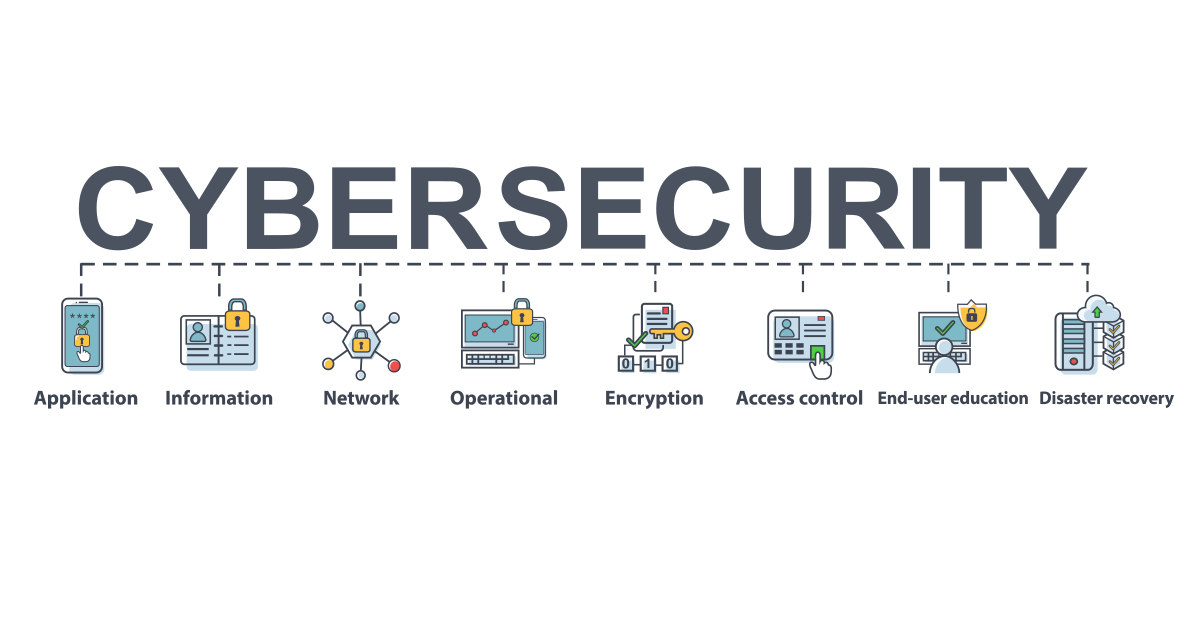
1. Data breaches: Fintech business handle delicate financial info, making them a prime target for cybercriminals. A single data breach can jeopardize numerous individuals' personal and monetary data, leading to extreme consequences.
2. Settlement scams: Scammers utilize sophisticated methods to control repayment systems, causing economic losses for both customers and companies. Preventing settlement scams calls for sophisticated safety and security procedures and continuous tracking.
3. Conformity: Fintech companies have to abide by numerous economic policies, such as GDPR, PCI-DSS, and AML/KYC. Making sure conformity can be a complicated and taxing procedure, however failing to do so can lead to large fines and reputational damages.
4. Insufficient safety and security procedures: Fintech companies frequently prioritize speed and technology over safety, resulting in insufficient defense against cyber threats. This can subject individuals' information and financial info to significant dangers.
Fintech software program development need to resolve these cybersecurity challenges to safeguard individuals' passions and maintain public depend on. }
The fintech sector is transforming the method we handle money, however with technology comes new challenges, specifically in cybersecurity. Such challenges question the integrity and safety and security of monetary systems and effect your photo as a reliable fintech service provider https://s-pro.io/fintech.
In this article, we'll delve into the four primary cybersecurity threats that fintech firms encounter and offer functional options to assist alleviate them.
"Cybersecurity Threats Evolve"
A malware strike refers to any destructive software application meant to harm a customer's computer or web server. These dangerous programs are produced and dispersed by cybercriminals for different motives, with the typical goal of taking individual, financial, or organization data.
Ransomware, a form of harmful software program, continues to be one of the most report from Statista revealed that in 2023, 72% of services experienced a ransomware strike. Wondering exactly how to remain safe? Right here are a few suggested protection methods.
Ensure to routinely upgrade your computer and software program, utilize a reliable anti-virus program, and stay clear of clicking on links from strange sources.
On the one hand, the quick adoption of emerging modern technologies such as blockchain, artificial intelligence (AI), and IoT ( Net of Things) opens up brand-new horizons to cybersecurity programs online fintech. On the other hand, it brings brand-new security concerns to the table. For example, AI-powered systems can be made use of to detect vulnerabilities in networks and systems. IoT assaults target Web of Things systems-- objects embedded with software program that enables them to gather and keep information. While the threat of IoT strikes can be minimized by choosing secure devices, AI-powered attacks demand a more complex method:
take on a split safety technique;
conduct awareness training for staff members;
implementation of AI-powered security devices.
Insider Dangers
An expert danger is the one coming from within a fintech (payment systems, neobanks, and so on) company. As usual, the " resources" of danger are employees or contractors that have accredited access to delicate information or systems. Insider hazards been available in two kinds-- deliberate-- when the sensitive information is stolen and sold intentionally and unintentionally-- unintended exposure of exclusive info that creates damage to an organization. Some of the most effective techniques to mitigate expert threats consist of the following:
Performing a testimonial of your team's gain access to legal rights;
Developing standards for password protection;
Giving training to your team on avoiding phishing assaults.
External Company
Several fintech companies depend on third-party carriers for services like repayment handling or information storage. Such reliance on outside vendors in fintech software program development can introduce numerous opportunities for cyberattacks. Fintech firms have to perform thorough due persistance on third-party suppliers they accept, including history checks and security evaluations, to guarantee they have limited safety procedures in place.
To conclude, while the fintech industry is obtaining around the world adoption, cyberpunks never rest, making cybersecurity a leading challenge in fintech software program advancement.
S-PRO, a forward-thinking software program advancement company, prioritizes the assimilation of sophisticated safety remedies in its fintech projects to protect the rate of interests of both its clients and end-users, providing them with superior protection versus cyber assaults.
 Mr. T Then & Now!
Mr. T Then & Now! Michael Oliver Then & Now!
Michael Oliver Then & Now! Pauley Perrette Then & Now!
Pauley Perrette Then & Now! Jaclyn Smith Then & Now!
Jaclyn Smith Then & Now! Nicki Minaj Then & Now!
Nicki Minaj Then & Now!